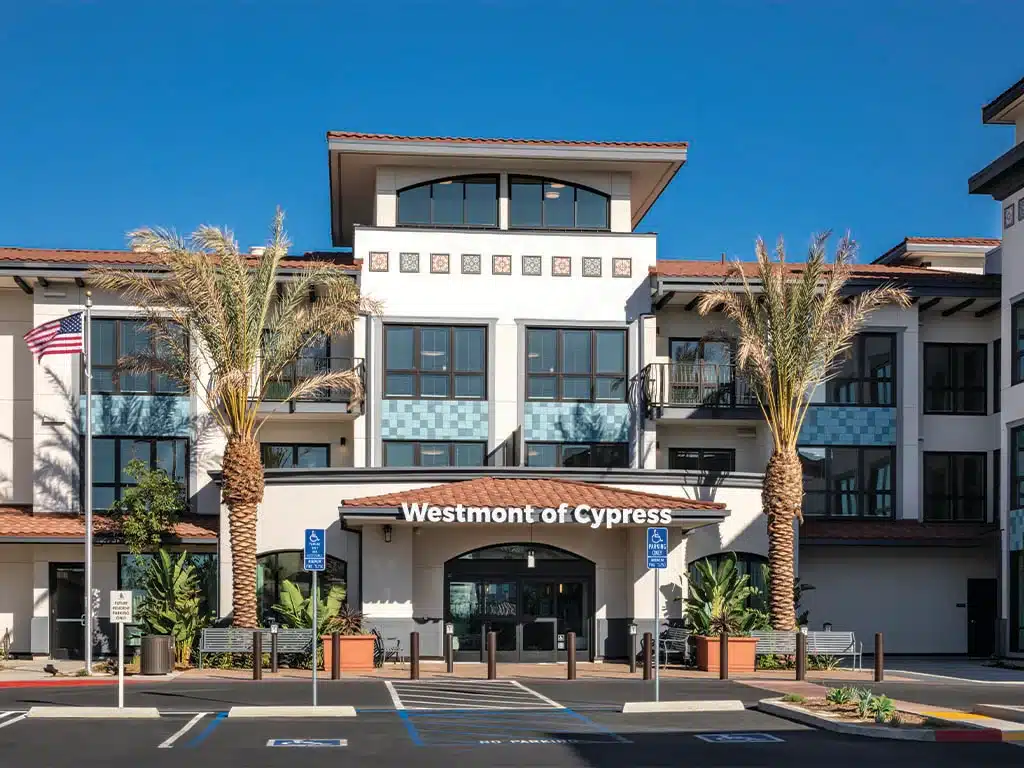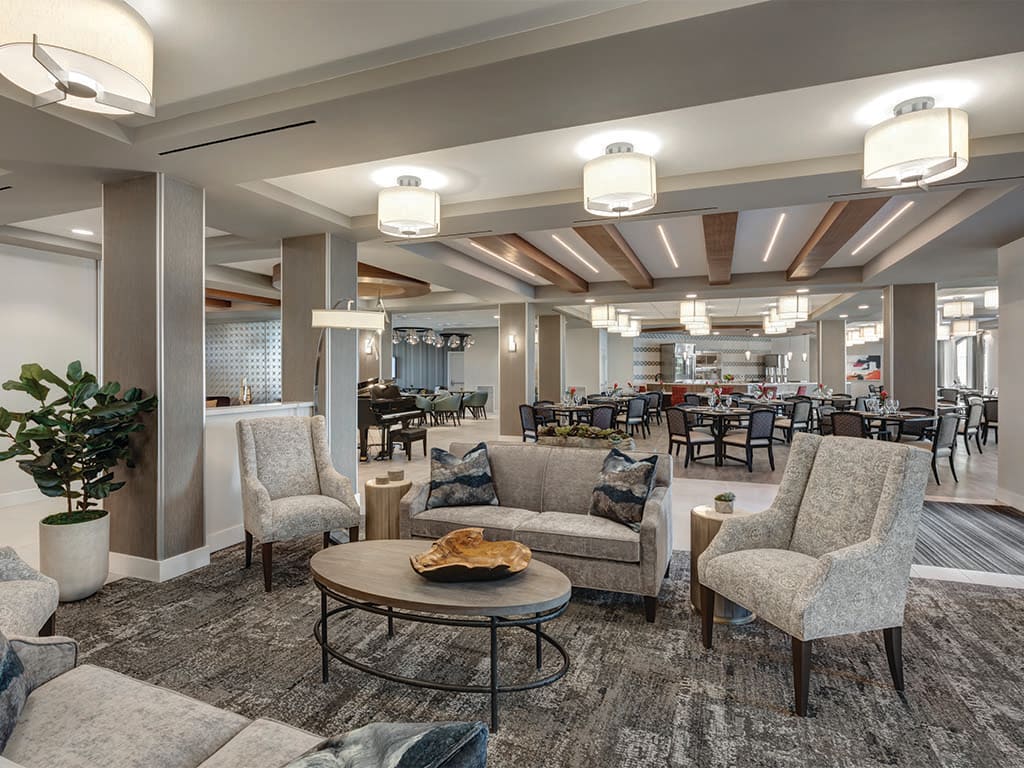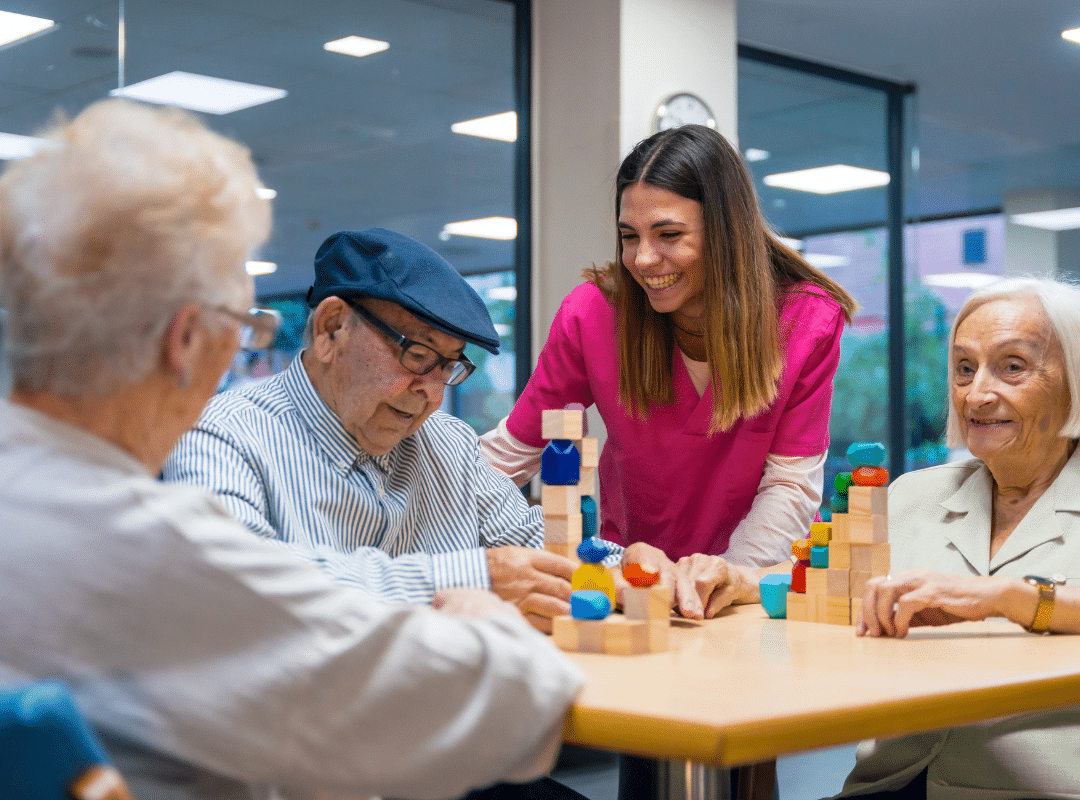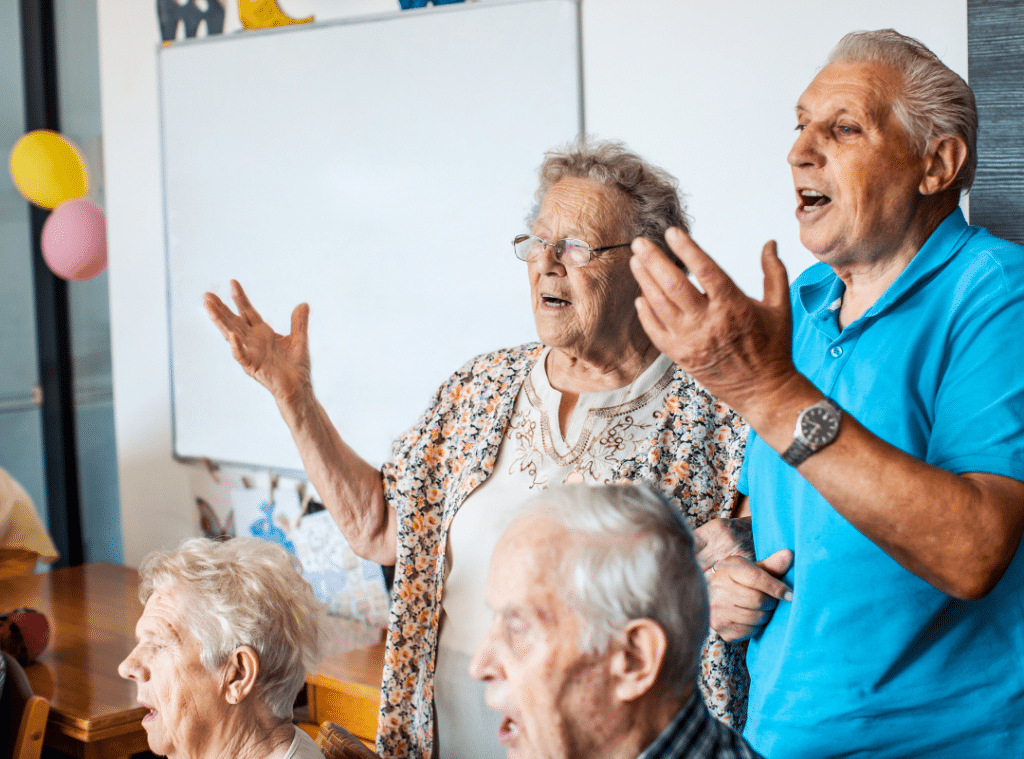Tasty and Balanced Healthy Recipes for Seniors
Caring for Elders Through Healthy, Tasty Meal Ideas
At Westmont of Cypress, we understand that caring for elders means providing nourishing and flavorful meals. Our recipes support physical health while keeping the joy of eating alive. Whether a comforting stew or an easy-to-reheat lunch, our kitchen prioritizes balance, accessibility, and heartwarming flavors that make mealtime something to look forward to daily.
Wholesome Meals That Support Caring for Elders
When designing nutritious meals for seniors, caring for elders means focusing on ingredients that promote strength, vitality, and easy digestion. Dishes like Skillet Chicken with Cranberries and Beef Tagine with Butternut Squash provide lean proteins, colorful vegetables, and complex carbohydrates in each serving. These meals bring warmth and nourishment to every bite, helping older adults stay energized and healthy. Introducing personalized meal plans also ensures dietary restrictions and preferences are respected, reinforcing the care and attention every elder deserves.
Soft Meals for the Elderly with Big Flavor
For those experiencing chewing difficulties, creating soft meals for elderly individuals doesn’t mean giving up flavor or nutrition. Meals like tender Chickpea Curry or slow-cooked Chicken & Dumplings are gentle on the mouth yet bold in taste. These dishes are ideal recipes for the elderly with chewing problems, offering rich textures that don’t require strain to enjoy. When simmered with hearty ingredients, such meals maintain flavor while prioritizing safety and comfort. Pairing these with lightly mashed vegetables or stewed fruits brings variety and ease to every plate.
Simple Healthy Recipes for Seniors to Enjoy Daily
Simplicity and nutrition go hand in hand with simple healthy recipes for seniors. A Mediterranean Gnocchi Bake or Ratatouille with Quinoa offers a vibrant, delicious take on everyday cooking. These meals are ideal for those wanting variety without complexity. With an emphasis on whole grains, fresh produce, and heart-healthy oils, these dishes meet the daily nutritional needs of older adults. They also serve as wonderful healthy recipes for senior dinner ideas—satisfying, full of flavor, and easy to prepare, even in shared dining environments.
Easy Meals for the Elderly to Reheat and Love
Convenience matters as much as taste, especially for easy meals for the elderly to reheat. Dishes like Ginger Coconut Lentil Stew or Mediterranean Vegetable Pasta not only refrigerate well but maintain their texture and flavor after reheating. This makes them excellent choices for independent seniors or caregivers looking for nutritious batch-cooked options. Offering meals that are easy to warm up ensures that nutrition never takes a back seat, even on busy days. It’s another essential step in making caring for elders daily more practical and sustainable.
Balanced Comfort Foods and Familiar Favorites
Comfort foods are powerful for emotional wellness, especially in elder care. Recipes like Beef Stroganoff or Mediterranean Gnocchi Bake allow seniors to enjoy nostalgic flavors while benefiting from well-balanced nutrition. Depending on preparation, these can double as soft meals for the elderly, offering both tenderness and substance. Using fresh, seasonal ingredients means meals are warming and full of nutrients, meeting health goals without sacrificing flavor. With tailored dietary plans, these comfort dishes can also be adjusted for sodium, texture, or caloric needs.
Healthy Recipes for Seniors Dinner Inspiration
Dinner is an ideal time to explore healthy recipes for seniors dinner that are both light and satisfying. Roasted Veggie Salad with quinoa or Ratatouille served over polenta makes for a colorful and fiber-rich meal. These dinners nourish without feeling heavy, perfect for winding down. Using herbs and spices instead of extra salt creates dynamic flavors that satisfy all palates. Vegetarian meals introduce new ingredients for those seeking variety while delivering protein and essential nutrients.

Vibrant Sides and Seasonal Salads
Side dishes are more than an afterthought—they round out the dining experience. Autumn Sweet Potato & Spinach Salad or a simple Roasted Veggie Bowl with hummus bring refreshing textures and bright flavors. These simple, healthy recipes for seniors work as main dishes for light meals or as flavorful companions to heartier fare. Making your dressing with olive oil, lemon, and herbs avoids added sugars and preservatives while keeping the flavors clean and satisfying. These dishes also ensure fiber intake stays high, supporting digestive health with nutrient-rich ingredients.
Gluten-Free and Low Sodium Options for Wellness
For elders managing dietary restrictions, caring for elders includes creating gluten-free and low-sodium meals without compromising flavor. Quinoa, brown rice, and gluten-free oats are the perfect foundations for meals that support overall health. Lemon juice, fresh herbs, and garlic are natural flavor enhancers, making dishes vibrant and exciting. Meals like Veggie Stir Fry over brown rice or Quinoa Salad with bell peppers are wholesome and easy to prepare. By focusing on such mindful choices, good nutrition becomes an enjoyable, everyday habit that aligns with long-term health goals.
Looking for more support with meal planning or senior nutrition?
Contact Westmont of Cypress at 714-252-7144 to speak with our caring team or schedule a visit. Let’s discuss how we can help your loved one enjoy flavorful, nutritious, and thoughtfully prepared meals.
























